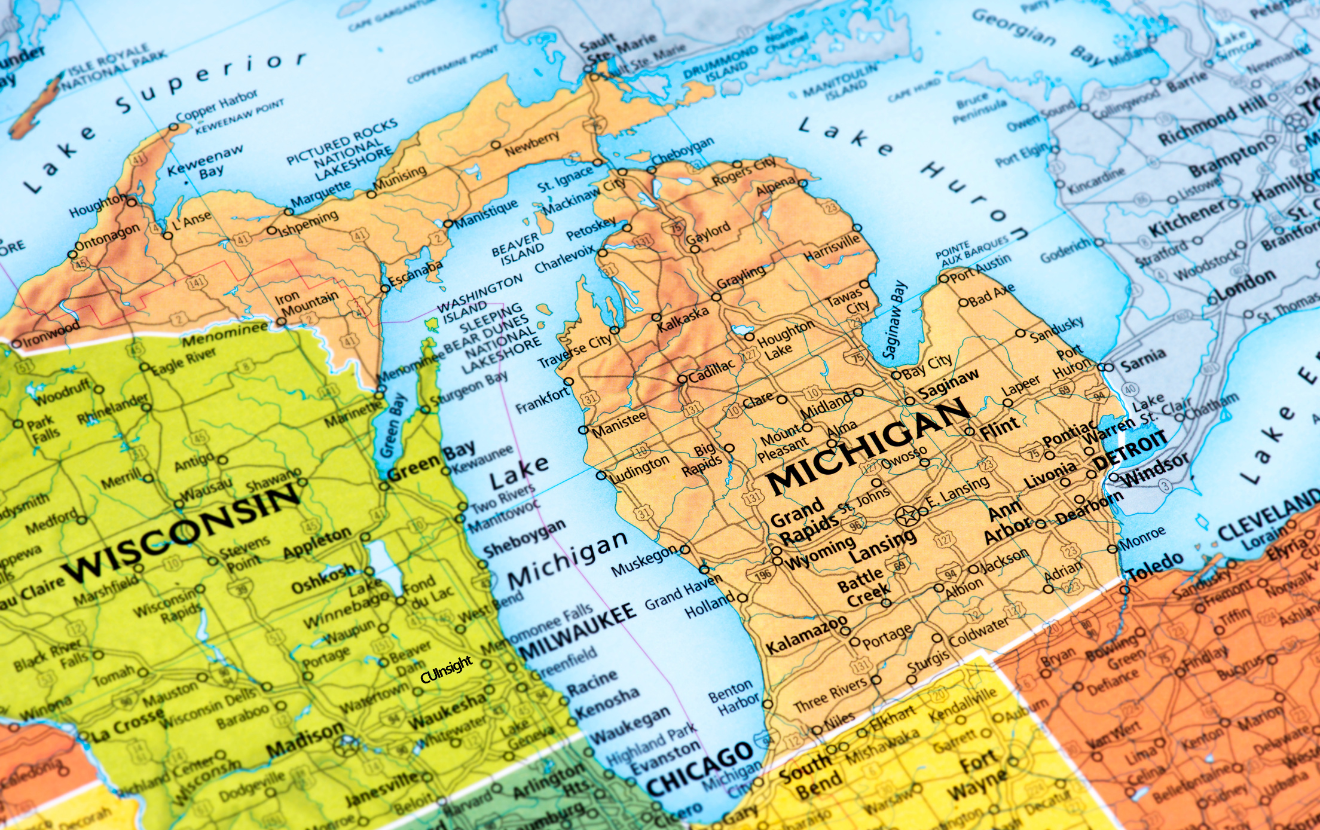The term “digital natives” may have started with Millennials, but Gen Z takes it to a different level: This group has never known the world without the Internet.
Gen Z is defined as the group born between 1997 and 2010, which means its youngest members are now trickling into the workforce (though they’ve been making money for years...but more on that later). They also currently hold a staggering purchasing power of $44 billion. Although Millennials and Gen Z are close in age, there are a number of striking differences when it comes to their values, defining traits, and expectations in education and the workforce...
These are Digital Natives On Steroids
Generation Z spends more than 70% of their time online, and the lines between their “online” and “offline” lives are fluid. While Millennials bounce between 3 screens at a time, Gen Z juggles a whopping 5 screens—and they’ve been doing so since their stroller days!
While Millennials grew up with MySpace and Facebook, Gen Z has been shaped by YouTube and Snapchat—channels that capitalize on video content and ultra-short attention spans (If you’re unfamiliar with Snapchat, users literally have seconds to view a picture before it disappears!).
Translation for your marketing efforts? It’s absolutely essential to be in more than one place and platform, and to get your point across as quickly as possible. Remember, this group expects a digital experience is nothing less than aesthetically pleasing and seamless. 62% report that they will ditch a slow-loading app without a second thought!
Their Stress Levels Are Real
One reason YouTube videos are so popular with Gen Z? They provide entertainment and stress relief. Unsurprisingly, living in a constantly connected world full of Instagram “perfect” pictures has triggered epidemic levels of stress and anxiety in young people.
According to the APA’s 2018 Stress In America report, 91% of Gen Zers report experiencing at least one stress-related physical or emotional symptom. This group is less focused on “traditional” teenage worries, such as unplanned pregnancies, and more concerned about mental health issues and school safety. After all, they’ve grown up with a 24/7 news cycle featuring terrorism and cyberattacks, and 72% called school shootings “a significant source of stress.”
Other contributing factors to soaring stress levels? The substitution of social media for a true support network, record-high levels of loneliness, and the never-ending bombardment of self-comparison (38% have felt ‘bad about themselves’ due to social media). However, the good news is that members of Gen Z aren’t taking these challenges lying down...
They’re Uber Self-Reliant & Independent
Employers have often complained that Millennials need a lot of “hand holding.” While this group grew up with participation trophies and helicopter parenting galore, Gen Z had access to a world of knowledge at their fingertips, thanks to Google. As a result, this group is realistic, self-reliant, and quick to figure things out on their own. It’s also worth a mention that Gen Z was largely raised by pragmatic Gen Xers, while Millennials were mainly reared by more idealistic Boomers (speaking in sweeping generalizations, of course).
These independent learners have harnessed YouTube, podcasts, and other digital resources to explore their interests and even launch entrepreneurial pursuits at a young age. Unsurprisingly, 75% believe there are other ways of getting an education beyond college.
Due to their digital know-how, it’s not uncommon for older family members to trust them with not only household items, but also big-ticket purchases like vacations and furniture. Despite this influence, this group is more frugal and analytical about consumer decisions than their Millennial counterparts. Because they grew up impacted by the Great Recession, this cohort craves financial stability and independence, and exhibits the ambition to make it happen.
They’re The Most Diverse, Accepting Generation Yet—But Not When It Comes To BS!
Gen Z has had access to Google since their diaper days, so it’s no surprise that they demand utter transparency from brands. Like their Millennial predecessors, they’re socially conscious and favor brands that make a positive difference. They expect brands to take a stand, period. Authentic content and genuine storytelling that makes Gen Z feel good, both in their own skin and about the world at large, is attractive to this group. Nielsen refers to this cohort as the “Green Generation,” and 76% of Gen Zers are concerned about protecting the environment.
This attitude also translates to their viewpoints of gender, race, and sexuality. Nearly half of Generation Z is made up of racial or ethnic minorities, making them the most diverse generation to date. While youths are historically more liberal compared to their elders, data shows that Gen Z may be the most tolerant, radically inclusive, and gender-fluid group yet.
According to the Pew Report, about a third of Gen Z reported that they personally know someone who uses gender-neutral pronouns, compared to a fourth of Millennials. 59% believe information forms should offer broader choices than traditional “man” or “woman” options. McKinsey research found that 20% don’t consider themselves exclusively heterosexual. Brands and companies that take an all-inclusive approach will have far more success with tolerant, justice-minded Gen Zers.
Tying It All Together…
When you examine the defining characteristics of Gen Z, a common thread of “connection” emerges. They’re constantly connected online, which blurs the lines between their real lives and their social media presence. They truly expect brand to live their truth and walk the walk, they demand diversity, and they’re much more global than their predecessors in both their thinking and interactions.
As these independent, resourceful digital natives continue to grow and enter the workforce, we’ll soon get an even better look at how they’ll impact the world...







